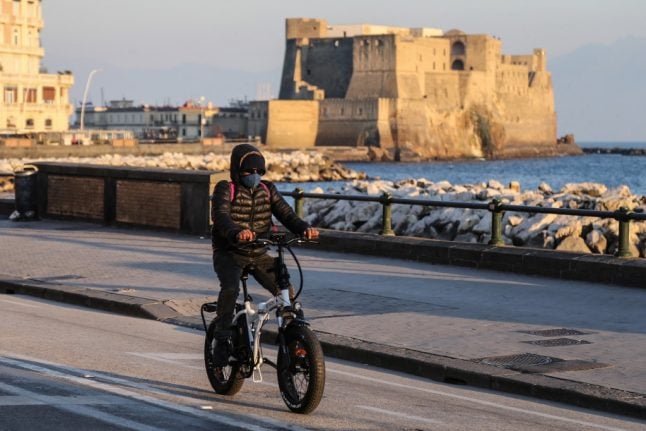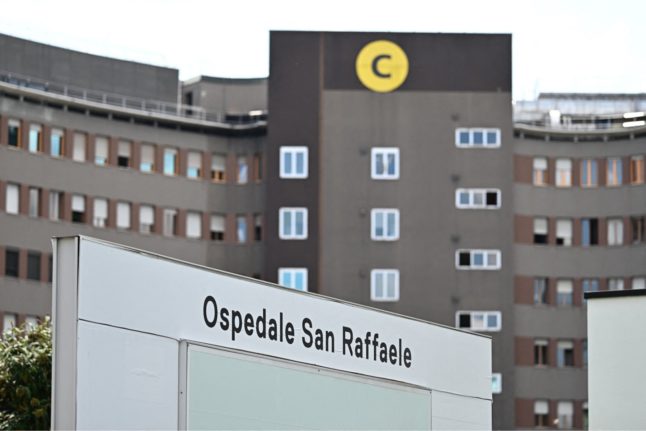- 28 new deaths
- A further 29 patients admitted to intensive care, for a total of 387
- The number of coronavirus patients hospitalised (not in ICU) rose by 161 to 4,086
Non esiste un caso #Campania
Esiste un caso #Napoli#DeLuca #COVID__19 pic.twitter.com/uAdq37dmzq— Nino Cartabellotta (@Cartabellotta) October 9, 2020
READ ALSO:



 Please whitelist us to continue reading.
Please whitelist us to continue reading.
Member comments